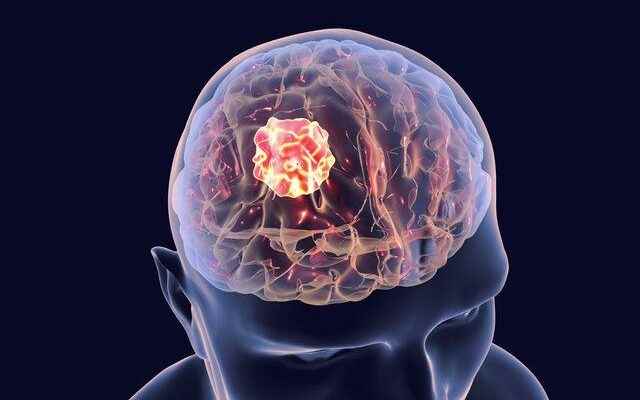Covid-19, the epidemic disease of the century, which has been in effect for more than two years; It causes many neurological problems such as headache, dizziness, nausea, vomiting, difficulty concentrating, insomnia and changes in consciousness levels. It is stated that more than one-third of patients have had neurological signs and symptoms since the beginning of the epidemic.
Acıbadem Maslak Hospital Brain and Nerve Surgery Specialist Prof. Dr. Gökhan Bozkurt said, “Every year, approximately 17,000 people are diagnosed with new brain tumors in our country. It is vital not to ignore the complaints and to consult a physician without delay, as possible delays in treatment of patients with neurological signs and symptoms in the ongoing Covid-19 pandemic, which we have been exposed to for more than two years, can lead to very serious consequences. Neurosurgery Specialist Prof. Dr. Gökhan Bozkurt explained 10 important symptoms of brain tumor that cannot be neglected, and made important warnings and suggestions.
DIFFERENT AND NEW TYPES OF TREATMENT ARE DEVELOPING
Stating that in recent years in our country, thanks to the experience of physicians and new medical technologies in the field of neurosurgery, extremely important developments have been achieved in diagnosis and treatment. Dr. Gökhan Bozkurt gives the following information: “In particular, the increase in knowledge about the pathways used by tumors during the formation of brain tumors, the knowledge of key genes and proteins that are active here, and the use of some biomarkers that reveal molecular changes have led to very important developments in the diagnosis and treatment of brain tumors. .

In this context, the development of targeted smart drugs that only affect the harmful tissues called tumors without harming the normal tissue has been achieved. In patients with a preliminary diagnosis of brain tumor, whether the tumor is benign or malignant radiologically, priority treatment should be determined. Today, surgical treatment is the preferred approach in the treatment of brain tumors, whether benign or malignant. Especially with the complete or nearly complete removal of these tumors, a long and healthy life is provided for our patients.”
SMART MEDICATIONS INCREASED SUCCESS
The determining factors in the surgical treatment of brain tumor are ‘type of the tumor and its benign-malignant appearance, location, size, age of the patient, general condition and performance of the patient, neurological status of the patient, life-threatening condition of the tumor and additional systemic problems that may affect the operation decision of the patient. Explaining as ‘whether or not’ Prof. Dr. Gökhan Bozkurt said, “In some of the benign tumors, in almost all of the malignant tumors, radiotherapy and chemotherapy are given in addition to the surgical treatment, unless there is a special reason.

In addition, we are very happy with the results of local radiotherapy applications after surgical treatment in some of the benign tumors and in all of the malignant tumors. In addition, with the new methods applied to the tumor area removed after surgical treatment, side effects are reduced and the effectiveness of the treatment is increased significantly. Targeted smart drugs developed in the field of oncology in recent years have led to new hopes in the treatment of brain tumors. The negativity caused by chemotherapy drugs, which were used until very recently but were not very useful in the treatment of brain tumors, has now been eliminated with targeted smart drugs, and at the same time, smart drugs have increased the chances of success in surgery and post-operative radiotherapy.
10 IMPORTANT SYMPTOMS OF BRAIN TUMOR!
Neurosurgery Specialist Prof. Dr. Gökhan Bozkurt lists the symptoms of brain tumors as follows;
- Headache,
- Nausea or vomiting accompanying the headache,
- Loss of consciousness and disturbances in the level of consciousness,
- Having a seizure (episode) that has never happened before,
- Loss of sensation or strength in a part of the body, drowsiness,
- short-term vision loss, double vision or hearing loss,
- Memory and behavioral disorders
- speech disorders,
- Imbalance and walking problems
Hormonal disorders and related clinical symptoms (premature puberty, growth in hands and feet, menstrual cycle disorders, hyperthyroidism, cortisol deficiency or excess…) are included.
